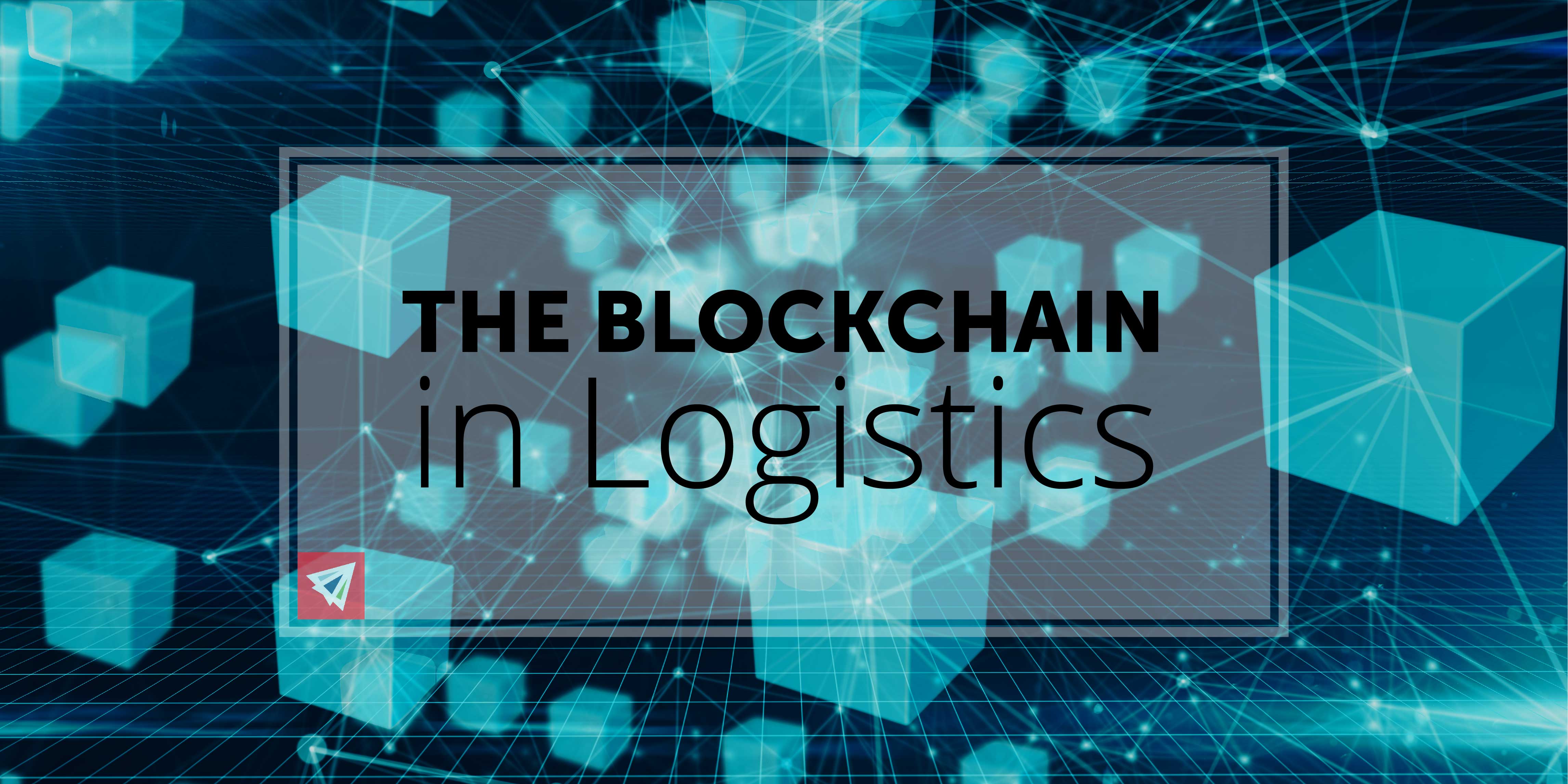The blockchain has risen in popularity since Bitcoin went viral. The digital currency has been built on what is known as a “blockchain” – however, the blockchain is much more than a management system for this cryptocurrency. A blockchain serves as a decentralized (not controlled by any individual) ecosystem that can manage and store intampterable data. How does that all work? Don’t worry, we’ll get to it.
Ever since the public was informed of the potential benefits of the blockchain, entrepreneurs across America have been coming up with unique ways to implement a blockchain in their own business – apart from the finance industry. The primary advantage to the blockchain is it’s transparency, security, and storage capabilities. Digital information can be effortlessly stored with the guarantee that it won’t be tampered with. No need to worry about Gary fat-fingering that rate sheet into oblivion anymore.
What is the Blockchain?
The blockchain is a secure way of storing data and creating an economic system. It can be applicable to currency (in the case of Bitcoin), or to a process (such as manufacturing or supply chain.) The blockchain finds a uniquely applicable place in the logistics industry due to its automation capabilities. This is done through smart contracts, which are self-executing contracts that act on the terms of agreement between the buyer and seller which are ultimately fulfilled through lines of code. The blockchain stores this information using “ledgers”. You can think of it similar to how your online banking works. Anytime there is an update, a new ledger row is created with all the information. However, with the blockchain, this information is guaranteed to be accurate since it is decentralized, and past data is not able to be tampered with.
The Blockchain in Logistics – The Potential Benefits
Although the blockchain has become a popular economic topic in the last two years, the concept is still in its infancy. Here are a few potential benefits of applying the technology to the logistics industry:
Security
On a very generalized level, using the blockchain in logistics means businesses can secure their supply chains and automate their transactions. Every product gets its own unique ID which is recorded in the blockchain. These companies can then secure their processes effortlessly without any organization issues. A ledger can store any information you want – origin, destination, Bill Of Lading, Warehouse, and many other records. Everything is stored in one area and will never be deleted.
Speed
Blockchains were built with scalability in mind. One reason that businesses don’t collaborate their systems and software is due to scalability issues. When the network gets overly crowded with user traffic, systems break down as they are not able to accommodate the number of requests and actions by each person.
Blockchains are meant to serve as an ecosystem for multiple parties; tying together processes that would otherwise be accomplished by multiple, disconnected individuals and businesses. For a supply chain to be managed by an all-encompassing single-ecosystem, scalability must be a top priority. Luckily, the blockchain is created to handle this type of traffic. Since the system is “decentralized” (not controlled by any individual or company), it is sustained by the computing power of all participators. This means that all businesses or individuals who are a part of this blockchain contribute in supporting the system.
Communication
Perhaps one of the largest benefits of the blockchain in logistics is its communication advantages. As stated before, rather than storing information in emails, computers, on notebooks, in phones, and over company-specific online portals, the blockchain stores all data immediately for all users to view. The data cannot be tampered with and is thus reliable, secure, and available to anyone who wants to view it.
We all know the, “I’m waiting on documentation” issue. With a blockchain, that problem would be non-existent.
Conclusion
The blockchain has tons of potential benefits. While there is much development do be done before blockchains are used across all industries, the blockchain is already being used in the logistics industry. Systems are being developed and scaled up as the concept becomes more popular. At this stage in the process, it is well worth your time to familiarize yourself on the concept and how it could be applied to logistics and supply chain.
If you would like to learn more about the blockchain in logistics, or would like to hear more about a related topic, you can either browse our blog or contact one of our team members! We are happy to help anyone in anyway we can. Give us a call!
